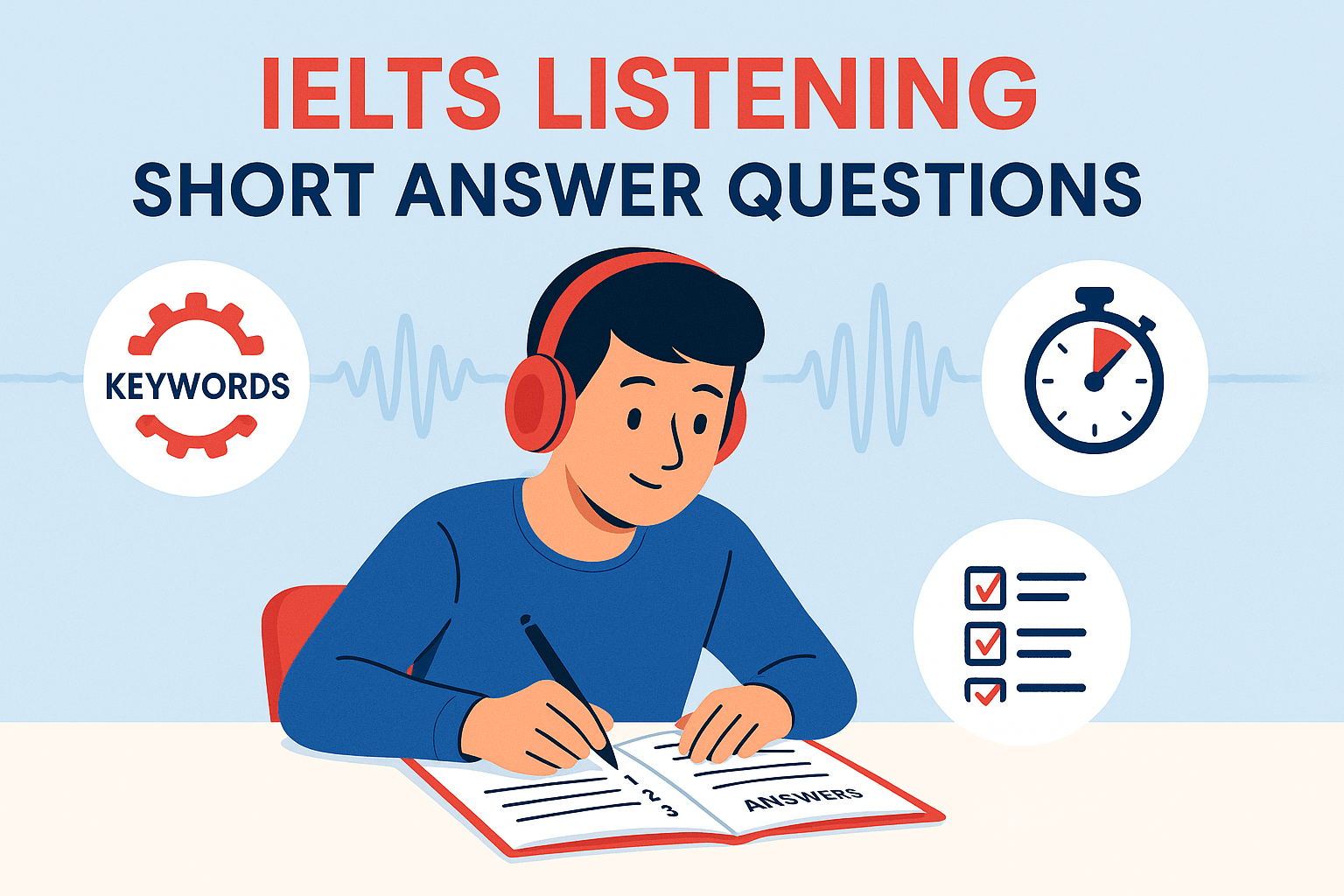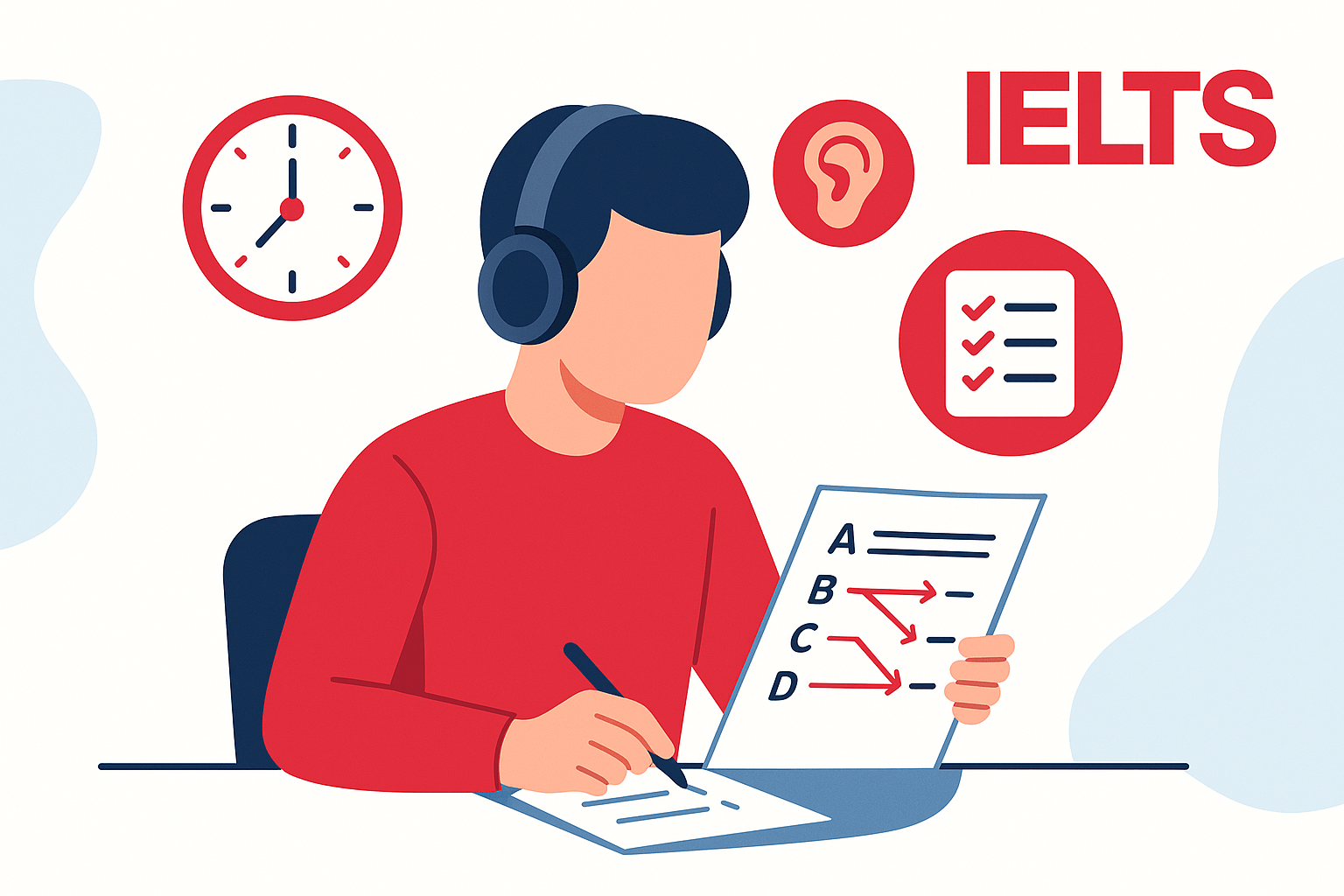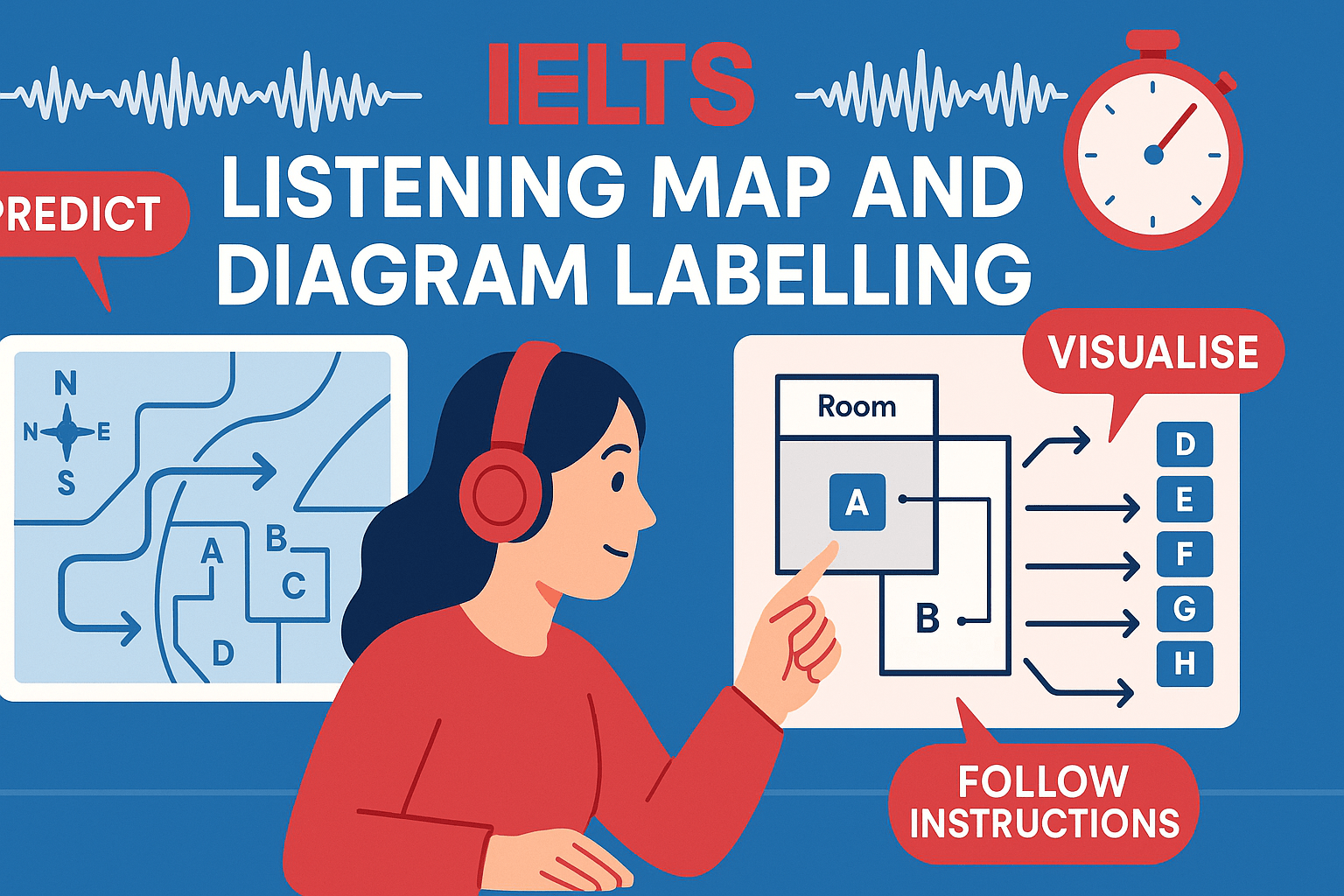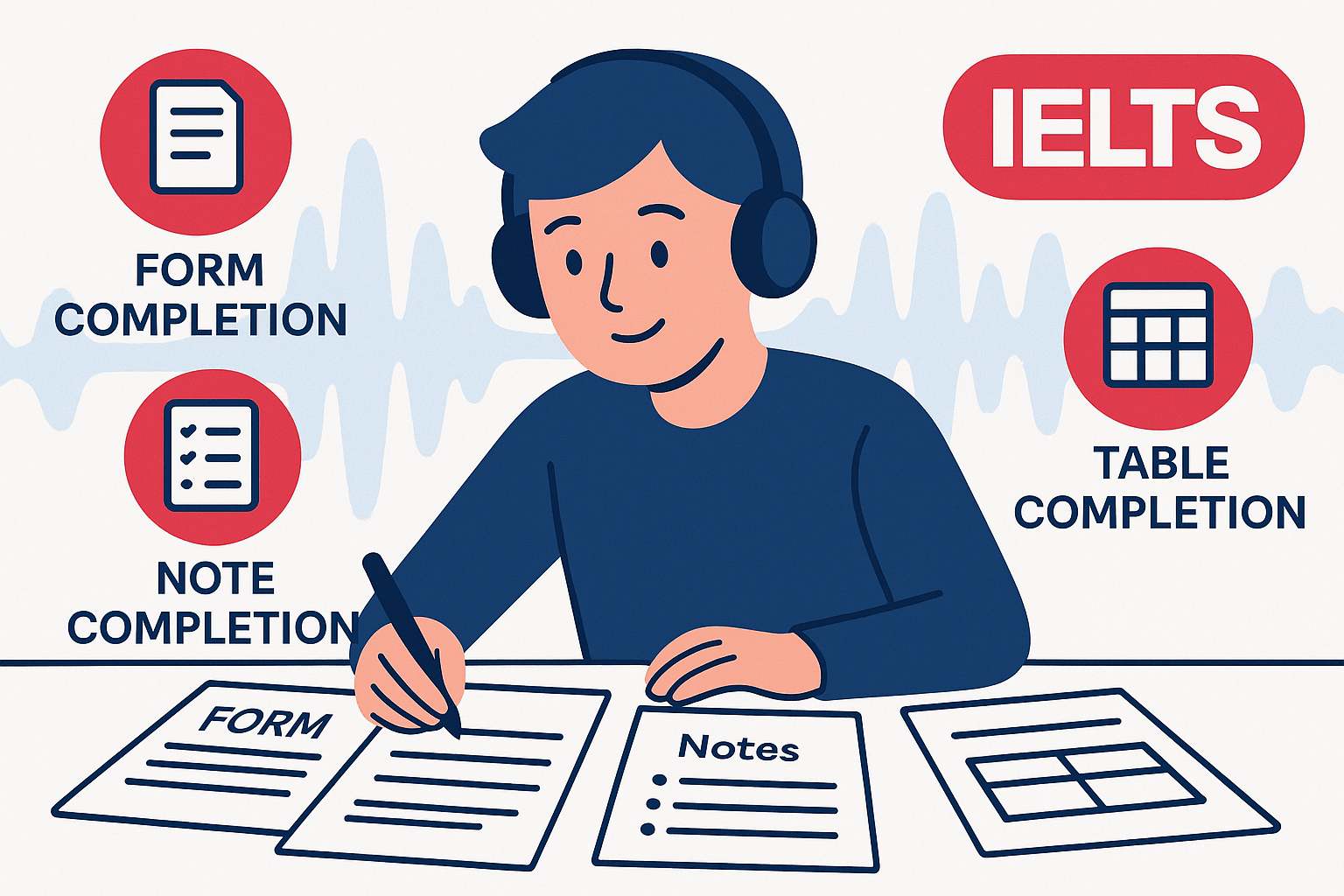As an international IELTS teacher, I’ve seen countless learners struggle with IELTS Listening Short Answer Questions. These questions seem simple at first, but many students lose marks because they write too much, miss key words, or misinterpret the instructions. In this blog, I’ll share practical strategies I’ve taught to thousands of students worldwide, along with real examples of problems and solutions that can help you score higher in this tricky part of the test.
What Makes Short Answer Questions Challenging?
In my classes, I often notice that students either:
- Write full sentences instead of short answers.
- Miss the word limit and lose marks unnecessarily.
- Fail to listen for synonyms and paraphrases, expecting the exact words from the audio.
For example, one of my students in Spain always wrote long explanations, thinking “more words” meant “more marks.” After practicing carefully, she realized that a single correct word—within the word limit—was all that was required.
👉 According to the official IELTS guidelines, your answer must match the audio recording precisely while respecting the word count given in the instructions.
Step-by-Step Strategy to Tackle Short Answer Questions
1. Read the Instructions Carefully
Always check whether you’re allowed one word only, two words, or three words and/or a number. If you ignore this, your answer will be marked wrong—even if it’s factually correct.
2. Identify Keywords Before Listening
Highlight or underline the main words in the question. For example, if the question is:
“What is the maximum weight allowed for luggage?”
Your keywords are maximum weight and luggage.
The recording may use synonyms like limit or baggage.
3. Predict the Type of Answer Needed
From my teaching experience, strong students always try to predict: will the answer be a number, date, name, or place? This mental preparation sharpens focus during listening.
4. Listen Actively for Synonyms
The IELTS Listening test never makes things too obvious. If the question says “cost of the ticket”, the recording might say “the price was…”. This is why practicing with authentic IELTS listening tests is so important.
5. Write Clearly and Within the Limit
Keep your answers short and precise. If the instruction is “ONE WORD ONLY” and the correct answer is bicycle, writing a bicycle will lose you the mark.
Common Mistakes Students Make
Over the years, I’ve noticed three recurring mistakes:
- Copying unnecessary words: For example, if the answer is library, some students write the library. This is incorrect when the instruction is ONE WORD ONLY.
- Spelling errors: Even one missing letter means zero marks. This is why building your IELTS Listening vocabulary is crucial.
- Not transferring answers carefully: I’ve seen students get the right answers while listening but lose marks because of careless mistakes when writing on the answer sheet.
My Best Teaching Tips for Success
- Practice scanning and predicting: Before listening, guess what kind of answer fits.
- Stay calm if you miss one answer: The recording plays only once. Panicking will make you miss the next few questions too.
- Review your spelling and grammar: A single mistake can change bus into buses or bus’s—and cost you the mark.
- Use quality resources: I recommend practicing through British Council IELTS and IDP IELTS for authentic materials. If you want structured training, you can also explore IELTS premium courses for extra support.
Related Guides You Shouldn’t Miss
These will give you a complete roadmap to understanding the entire Listening test, not just short answer questions.
Frequently Asked Questions (FAQ)
Q1: How many words can I write in IELTS Listening Short Answer Questions?
Always follow the instructions. It could be ONE WORD, TWO WORDS, or THREE WORDS AND/OR A NUMBER. Writing even one extra word makes the answer incorrect.
Q2: Are spelling mistakes accepted?
No. Every word must be spelled correctly. Even a minor spelling error will lose you the mark.
Q3: Should I write full sentences?
No. Short Answer Questions require only the word(s) that directly answer the question.
Q4: Do I need to use capital letters?
Both UPPERCASE and lowercase are accepted. Some students prefer ALL CAPS to avoid handwriting mistakes.
Q5: How can I practice effectively?
Use free IELTS practice tests regularly. Simulate exam conditions by listening only once and checking your answers carefully afterward.






7 Responses
Now I am going away to do my breakfast, when having my breakfast coming over again to read
additional news.
I like the valuable info you provide on your articles. I will bookmark your blog and test once more here regularly. I am reasonably certain I’ll be informed a lot of new stuff proper here! Good luck for the following!